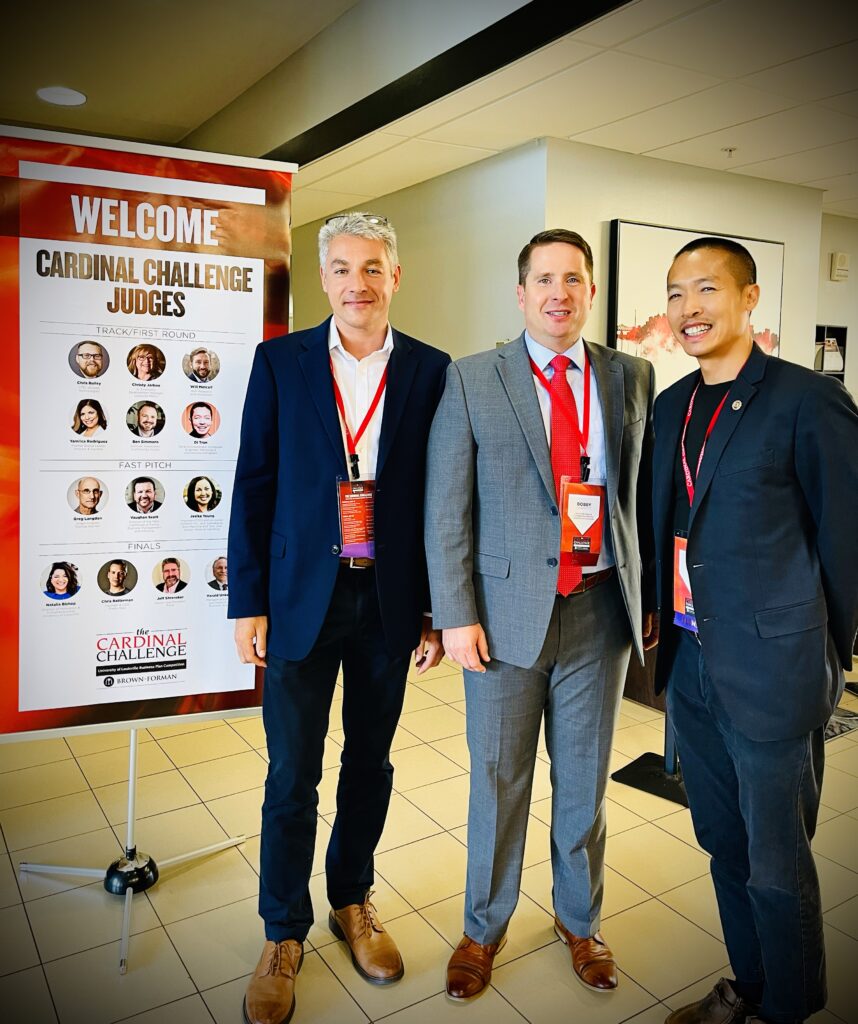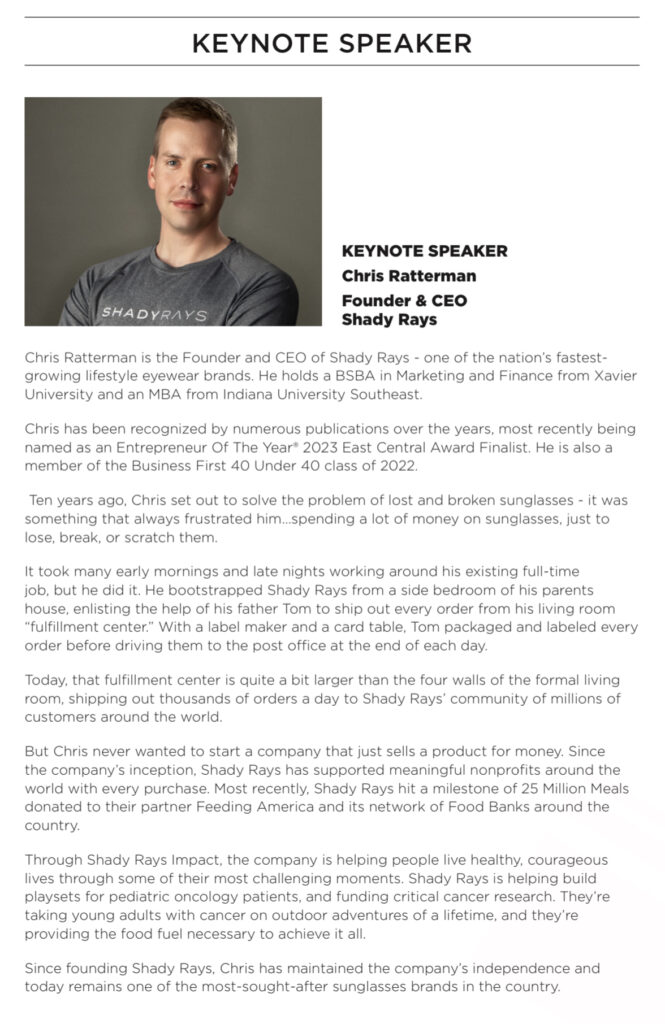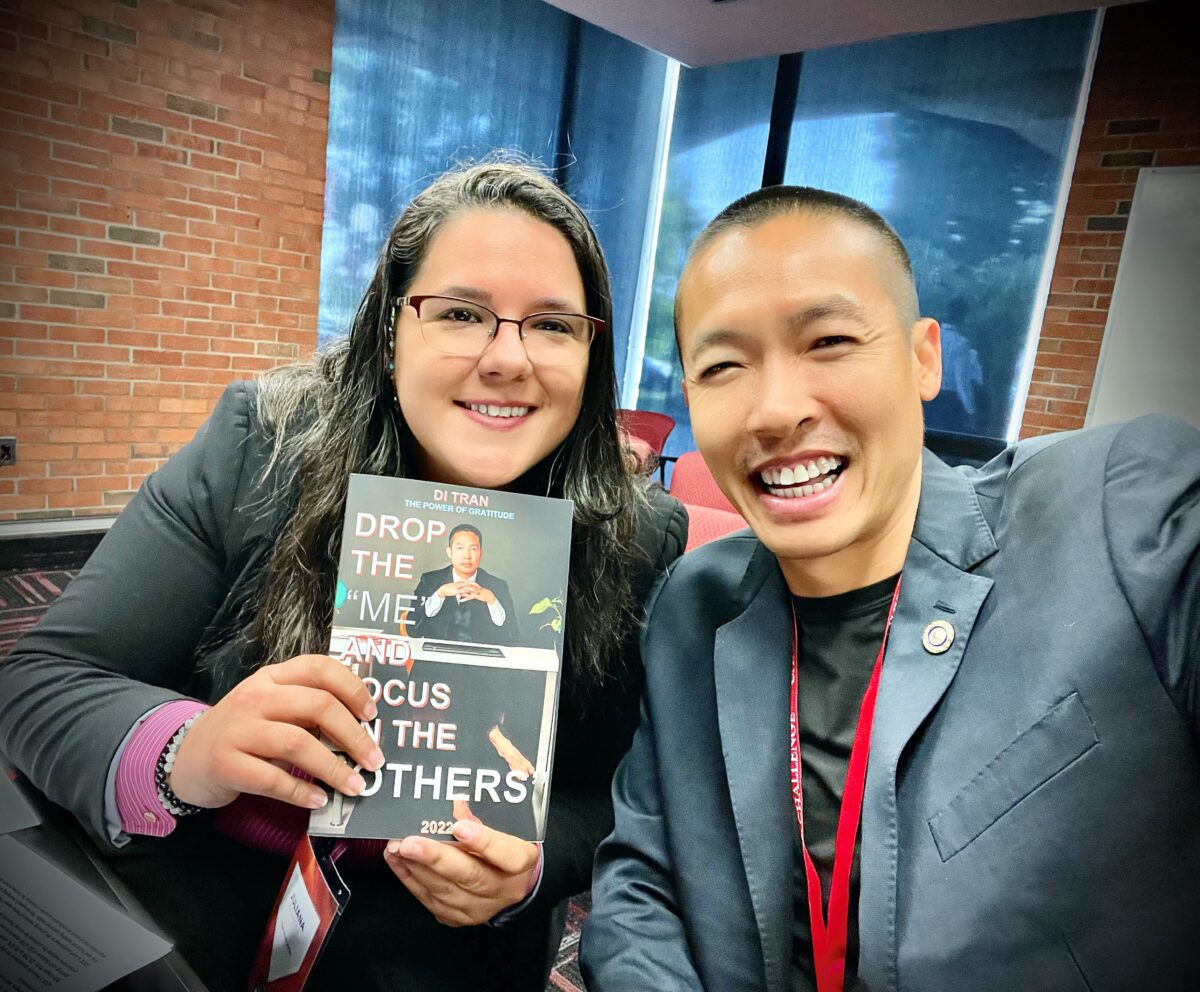In 1995, Di Tran, a native of Vietnam, arrived in the United States with no knowledge of the English language. Despite facing language barriers and often being the target of ridicule, he tenaciously built a series of successful small businesses. This journey forged him into a serial entrepreneur, undeterred by obstacles and challenges, embodying the spirit of the American Dream.
Fast forward to the present, Tran is a co-judge at the Cardinal Challenge, a prestigious startup competition where he evaluates pitch presentations along with fellow immigrant professionals and business owners. But beyond his role as a judge, Tran passionately emphasizes the need for fostering the next generation of small business entrepreneurs. He is a living testament that the American Dream isn’t a faded notion but a reality that exists here and now.

Globalization isn’t a novel concept, but its effective implementation necessitates a coherent, supportive framework. Tran believes that building such a system requires collaboration between higher educational institutions like the University of Louisville and community business leaders. The aim is to facilitate the movement of talents and resources between countries, such as the USA and Vietnam.
He isn’t just talking about it; Tran is actively working towards this vision. His ambition extends beyond national borders, aspiring to serve global talents and business owners across the world. To achieve this, he is laying the foundation through Di Tran Enterprises, a company that leverages innovative cloud solutions and AI-driven IT tools.
Tran’s story is one of perseverance, innovation, and unyielding ambition. His journey from an immigrant with limited English skills to a judge at a startup competition, and now a global business mentor, demonstrates that hard work and determination can break down even the most formidable barriers.
In his words, “God blesses America and all who work hard for their goals.” It is clear that he believes in the potency of hard work, the transformative power of education, and the limitless possibilities of entrepreneurship. Di Tran’s journey is a testament to the American Dream in the global age, proving that dreams can thrive wherever the spirit of entrepreneurship is fostered and nurtured.

PS: As Di Tran watched Chris Ratterman elaborate on his journey of building his company and his relentless daily efforts to make sales, he felt a profound sense of alignment. Tran’s own journey has mirrored this tireless hustle for over twenty years. From making social media posts, writing articles, standing at conference booths, selling to customers, investors, and clients – every action has been infused with the same degree of dedication and zeal. Despite the inevitable stress, the process is beautiful and enjoyable, offering rewards that transcend material gain. The value he adds to his community reflects in the tangible returns he receives, reaffirming the maxim: the more you give, the more you get. In Tran’s case, this has indeed materialized in millions of dollars, but the true reward lies in the journey and the countless lives his work touches every day.





